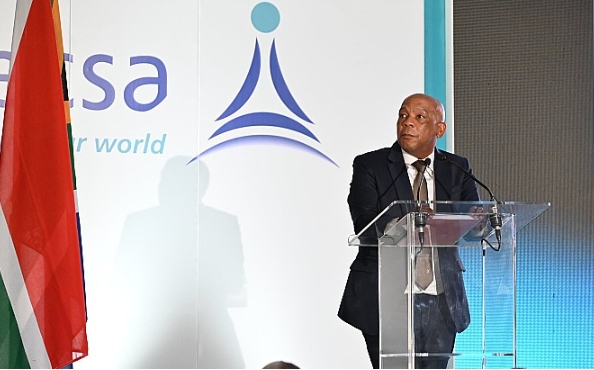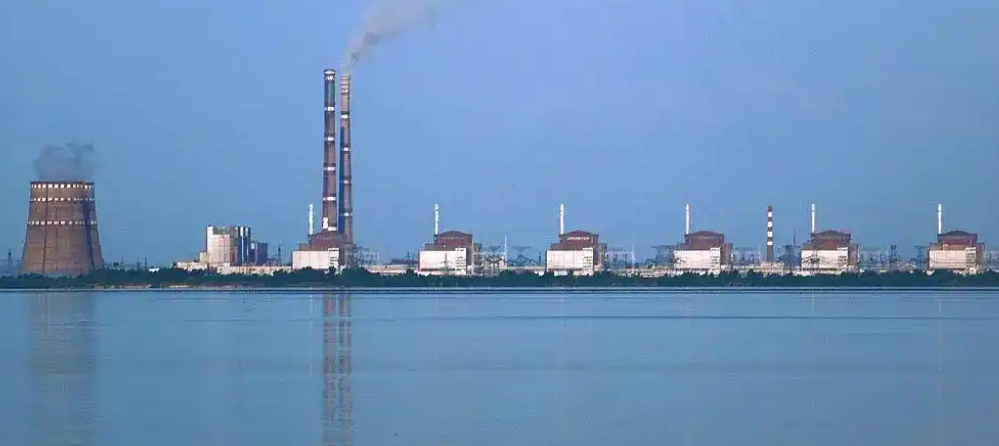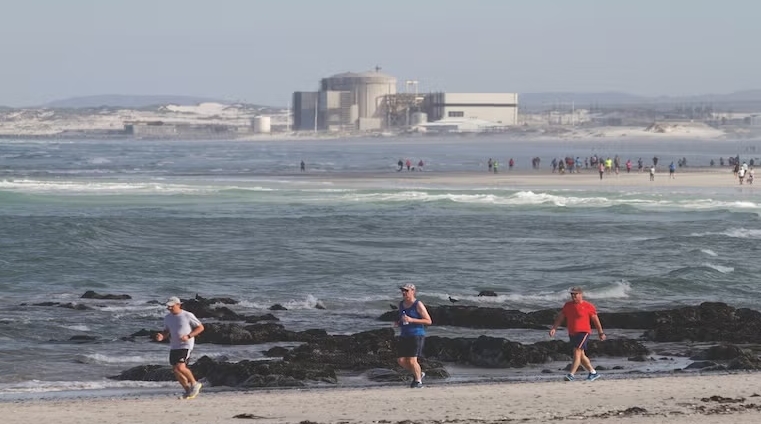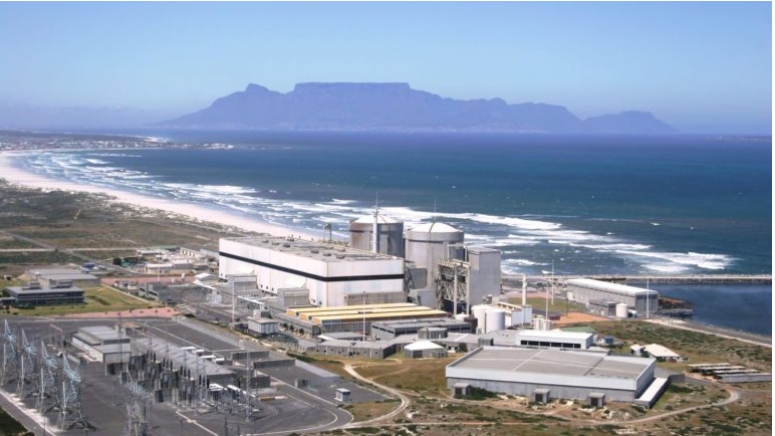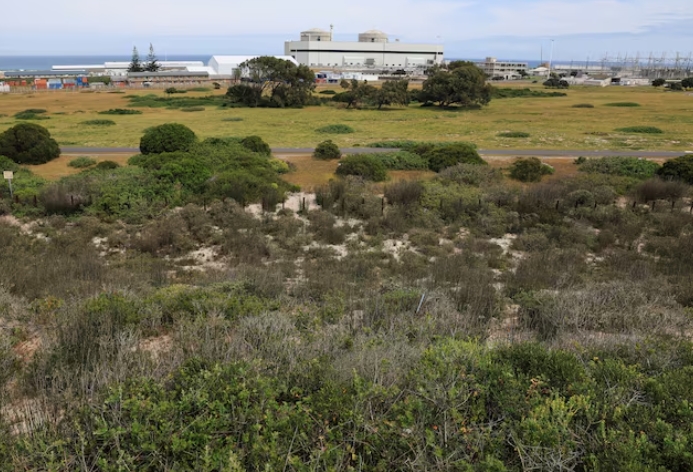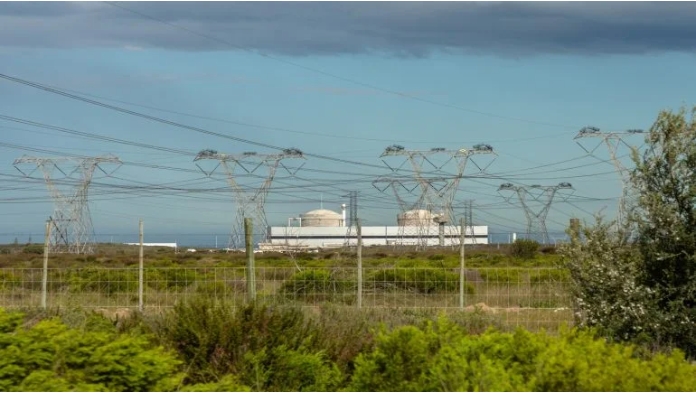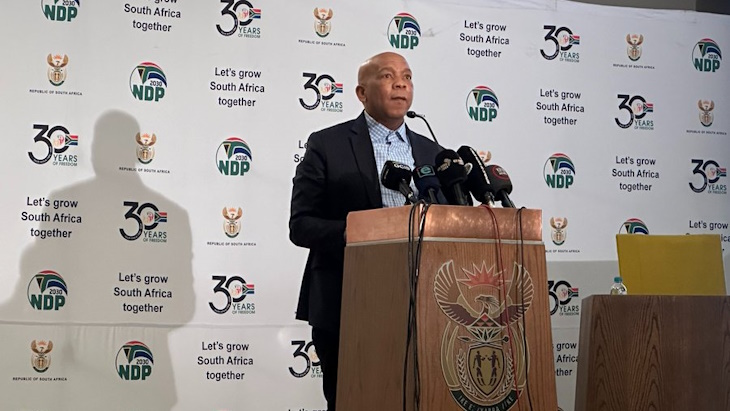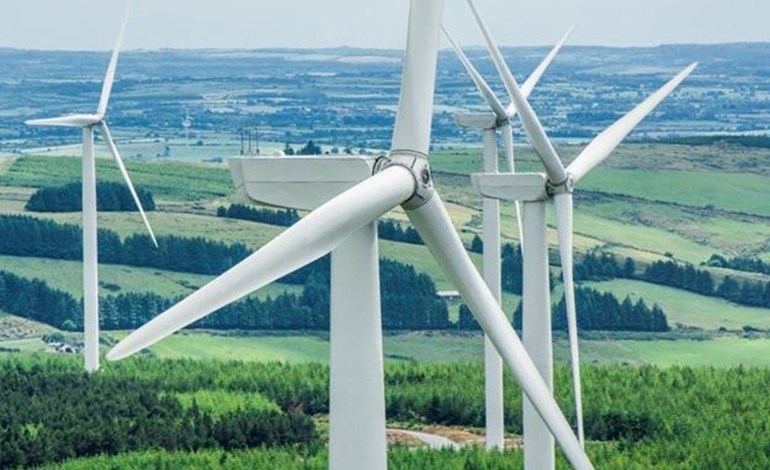
Ireland and Northern Ireland’s ambitious goals of generating 80% of their electricity from renewable sources by the end of this decade, will be delayed until at least 2032, says Cornwall Insight.
The data included in the Single Electricity Market Benchmark Power Curve reveals that by 2030 only 70% of the power grid will be using renewable sources, with the majority of the remaining electricity generated by gas plants.
While the 80% target set by both the Irish and Northern Irish governments is likely to be missed, significant progress has been made, with the SEM currently having the highest contribution of wind generation of any power system in the world.
Forecasts also predict a substantial increase in the percentage of electricity from renewables, rising from just over 40%1 in 2023 to 82% in 2032, highlighted Cornwall Insight.
Despite the successes, the 2030 target, included all Irelands Climate Action Plans since 2021, has encountered several challenges.
Chief among these are delays in planning and a shortage of grid connections.
These issues have been significant barriers for generators submitting bids in the Renewable Electricity Support Scheme (RESS) auction, which resulted in only three successful onshore wind projects last year.
Concerns over a lack of procured onshore wind projects have been increased by the announcement that the RESS4 auction, the final auction to procure generation coming on the grid prior to 2030, will see a lower onshore wind auction price cap. This is likely to deter bidders.
Other barriers to meeting the target have been raised by Wind Energy Ireland who recently warned that dozens of wind farms will be forced to shut down before the end of the decade if their planning permission timeline cannot be extended, potentially causing further delays to all Ireland’s renewables transition.
While there are still many obstacles to reaching the renewables target, there have been some positive steps forward for the RESS scheme.
Changes include allowing generators to delay their required operational date by up to two years if systems operator grid connection issues or judicial reviews of planning permissions arise, which it is hoped will increase the number of renewables bids.
In further positive news, stated Cornwall Insight, Northern Ireland is designing its own renewable support scheme, aiming to boost renewable energy projects.
The first auction is anticipated for 2025/26, but much of the procured capacity is expected to come online after 2030.
